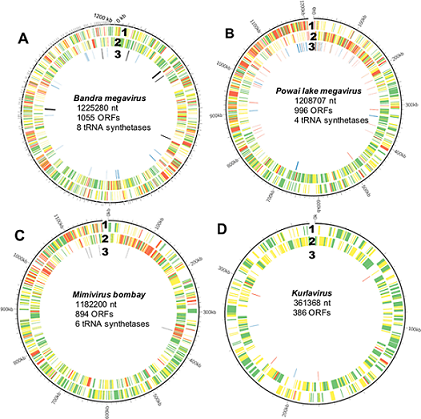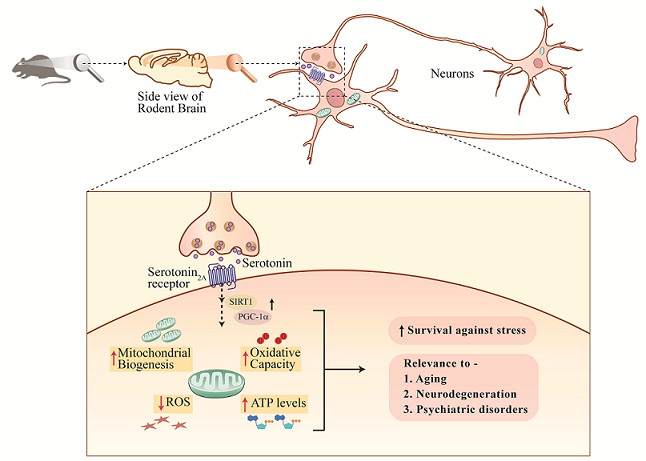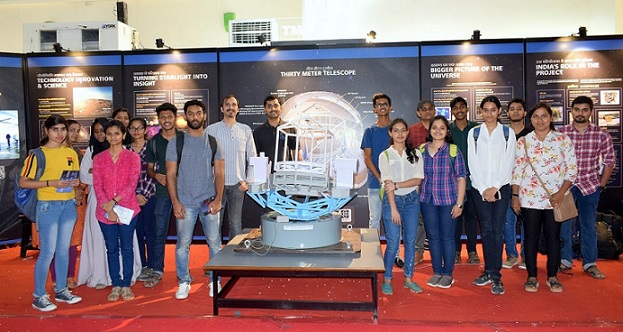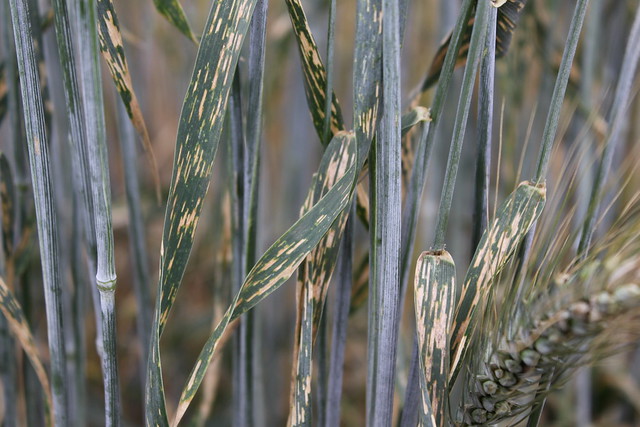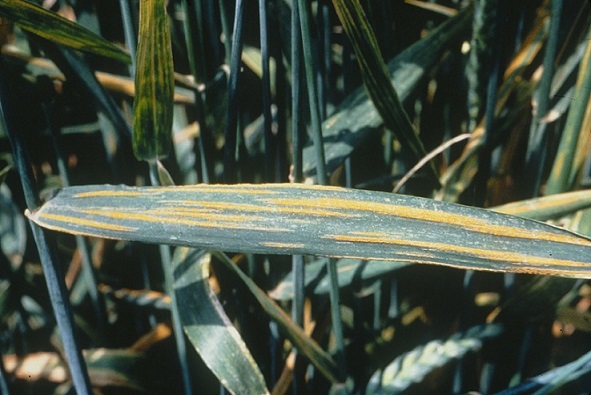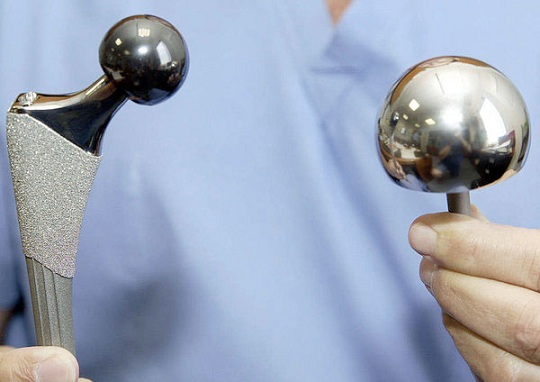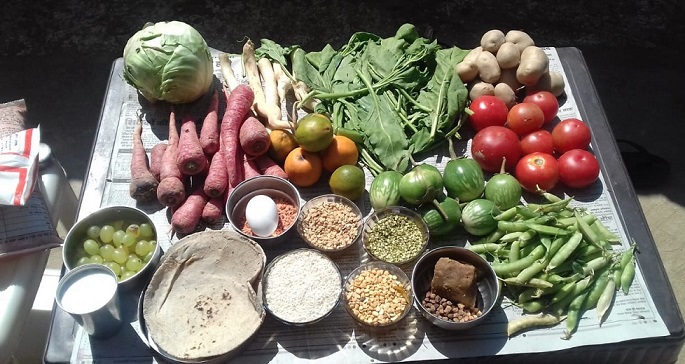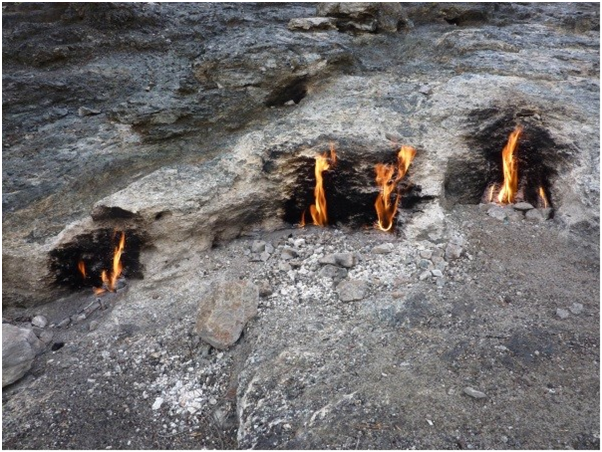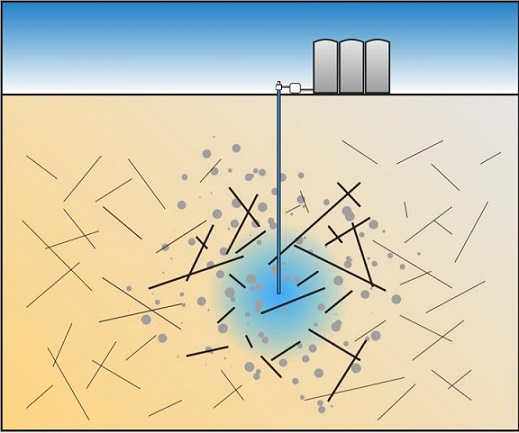
Turmeric is known to possess many medicinal properties and is being studied by several research groups. A team of Indian scientists has now deciphered the mechanism by which white turmeric can inhibit growth of breast cancer cells.
White turmeric, scientifically known as Curcuma zedoaria, is called Gandamatsi in Hindi, Sutha in Bengali and Meitei Yaingang in Manipuri. It is traditionally used for treating digestive problems, arthritis, menstrual pain and also as anti-venom for cobra bites. Some studies have pointed to its role in certain cancers as well but the mechanism of action has remained unknown.
In a collaborative project, researchers from Assam University and the Pune-based National Centre for Cell Sciences have found that white turmeric acts by initiating a pathway that triggers caspase protein, which leads to the death of breast cancer cells.
For this study, scientists got rhizome of white turmeric from Imphal and made crude extract from it. They treated breast cancer cell culture growing in a dish with different concentrations of the extract for 24 hours and found that 50% of cancer cells died after treating with a concentration 25 micrograms per milliliter.
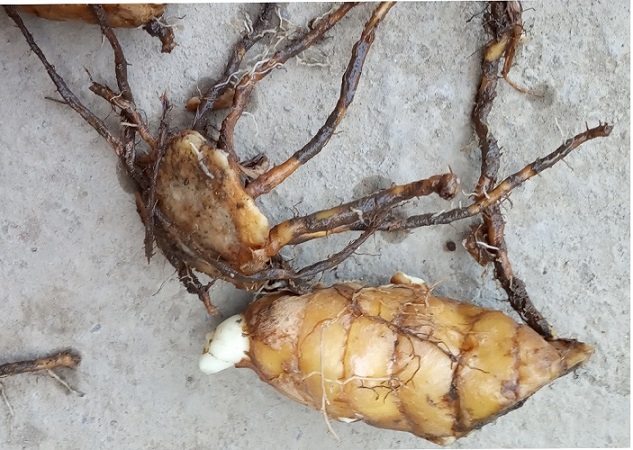
" White turmeric, scientifically known as Curcuma zedoaria, is called Gandamatsi in Hindi, Sutha in Bengali and Meitei Yaingang in Manipuri. It is traditionally used for treating digestive problems, arthritis, menstrual pain and also as anti-venom for cobra bites. "
The researchers then performed experiments to check if cells treated with the extracts also stop the spread of cancer cells. For this, they scratched some cells in the center of dish to make some empty space in between cancer cells. There are two ways in which this space can be filled, either due to growth of cells or by migration of other cancer cells to this place. Scientists restricted the division of cells by a chemical and found that in untreated cells the spread of cancer cells was filling the empty space while in treated cells the space remain unfilled after few hours. This hints that turmeric extract may restrict the spread of cancer cells.
The scientists then focused on caspase 9, a protein, which in its cleaved form starts a pathway that prompts cells to undergo cell death. Breast cancer cells that were treated with white turmeric extracts were found to have the caspase protein in its cleaved form confirming that the white turmeric was indeed activating caspase and that was the reason for its anti-cancer activity.
“The findings of our study point to the mechanism of how white turmeric promotes the death of cancer cells. We are currently carrying out this study in mice to see if the effects can be replicated in them,” explained Dr.Pranab Behari Mazumder, leader of research team, while speaking to India Science Wire.
The research team included Romen Meitei Lourembam and Dr Mazumder (Assam University); Amit Singh Yadav and Gopal C. Kundu (National Institute of Cell Science, Pune). The findings have been published in journal Oriental Pharmacy and Experimental Medicine.
India Science Wire

